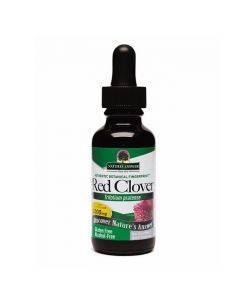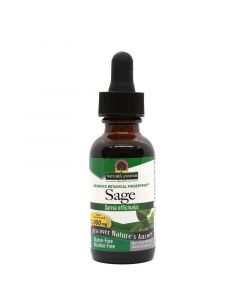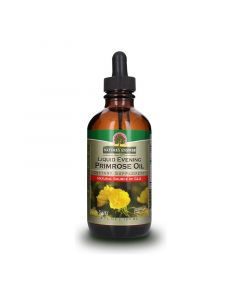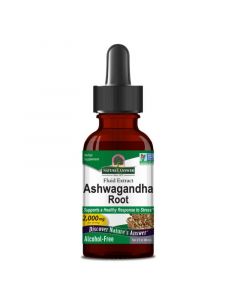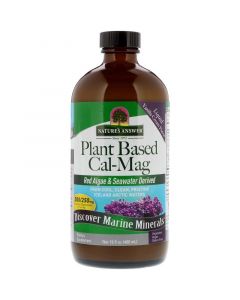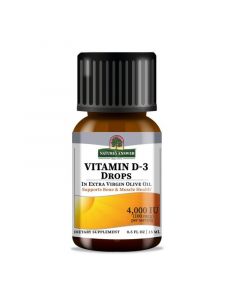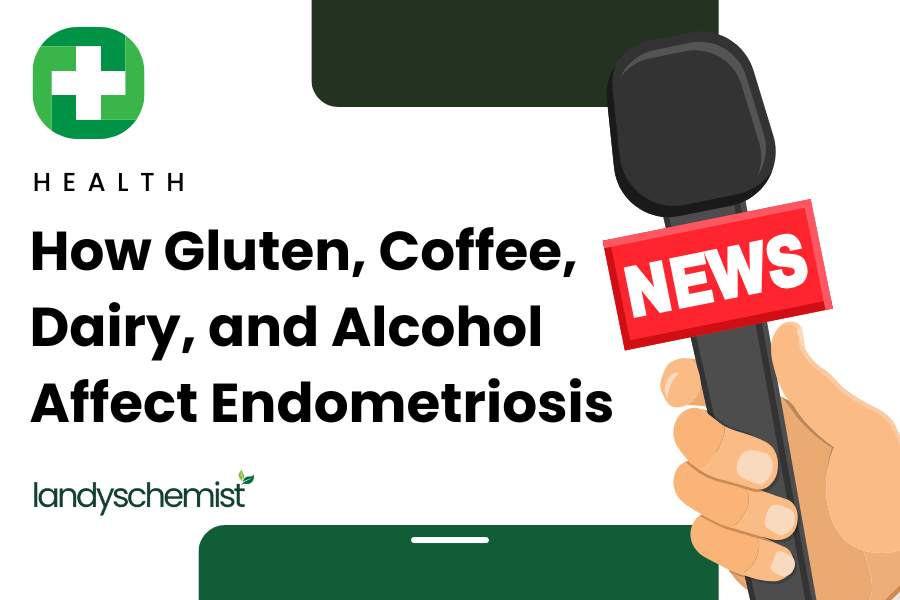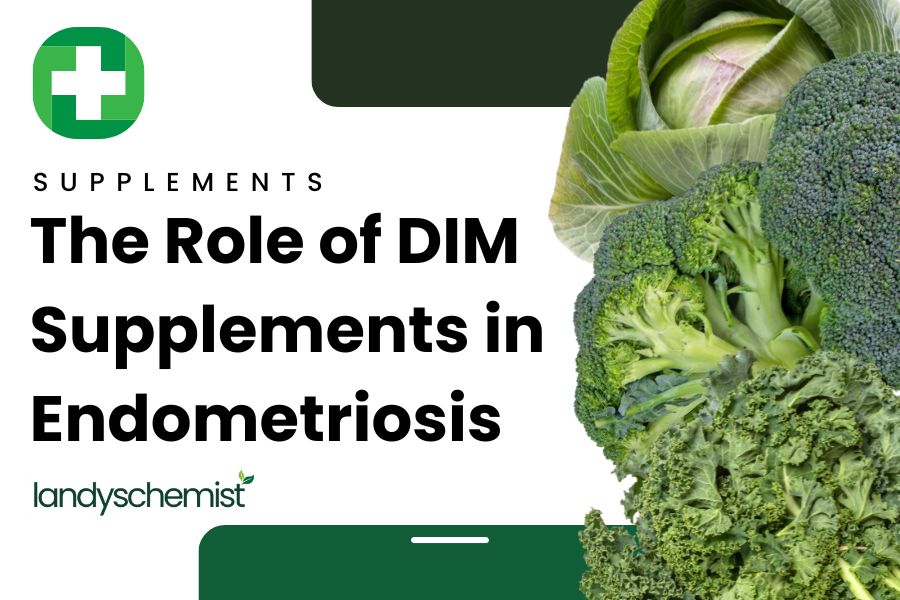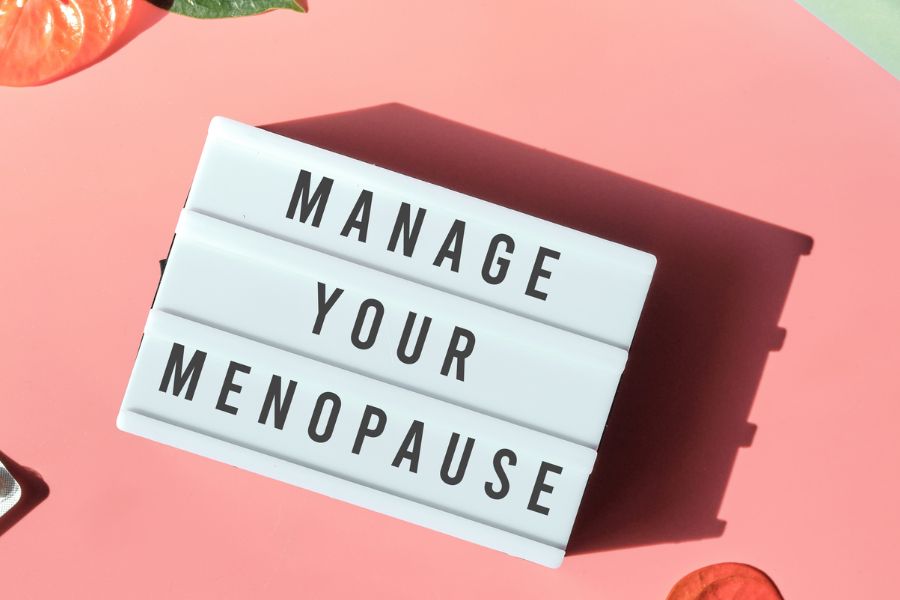
How To Support Menopause With Natural Botanicals
What are the symptoms of Menopause?
According to the British Menopause Society, menopausal symptoms affect more than 75% of women and ‘whilst not all women going through the menopause will experience menopausal symptoms, the majority will and over 25% describe severe symptoms. Menopausal symptoms may last for a long time with an average duration of 7 years, and 1 in 3 women experience symptoms beyond the 7 years.’
Menopausal symptoms come about due to the natural decline of oestrogen levels. Oestrogen is a hormone mainly produced in the ovaries. When levels of oestrogen fall during menopause the adrenal glands become a main source of production. However, the adrenals will prioritise the production of stress hormones such as adrenaline and cortisol if physical or psychological stress levels are high. Attention to self-care during menopause is therefore crucial. When we consider menopausal symptoms, we generally think about hot flushes and night sweats, however, many women also experience other symptoms such as:
- Anxiety and low mood
- Tiredness and fatigue
- Brain fog and poor memory
- Sleep issues
- Muscle and joint pains
- Headaches
- Palpitations
Read More - Menopause 101: Everything You Need To Know
How effective is diet modification for supporting menopausal symptoms?
Plant phytoestrogens and isoflavones:
The mild oestrogenic effect of foods rich in plant phytoestrogens and isoflavones may help reduce menopausal symptoms. In a recent study published in the journal Menopause, researchers found that a plant-based diet rich in soyabean products (such as tofu) reduced moderate to severe hot flushes by 88%. This type of diet reflects the traditional diet of Japan where menopausal women have tended to experience fewer symptoms. Unfortunately, due to modern farming, much of the soya produced is now genetically modified. Choosing a certified organic brand of soya products would avoid this issue. Other isoflavone rich foods include chickpeas, alfalfa, flaxseeds, and the herb Red Clover.
Sage:
Sage (Salvia officinalis) has a long history of traditional use in helping to alleviate menopausal symptoms including sweating and hot flushes. The traditional use has also been backed up by clinical research in recent years. Nature’s Answer Sage is a holistically balanced and concentrated herbal extract in an alcohol-free liquid format for fast and efficient absorption.
Well-balanced diet:
Eating a well-balanced diet can help provide essential nutrients needed for hormonal balance. Foods rich in B vitamins and vitamin C may help support resilience and contribute to the reduction of tiredness and fatigue. For those with stressful lifestyles a high-quality wholefood multivitamin can help to prevent the nutrient shortfalls often experienced as a result of our modern diet and lifestyle. With targeted nutrients for women during perimenopause and menopause, Garden of Life mykind Organics Women's Multi 40+ has been specifically designed for women seeking an organic wholefood multivitamin to support the demands of a busy life. This unique multivitamin is made from nothing but real, whole foods. It also contains a special blend of botanicals including black cohosh and turmeric (standardised for curcuminoids).
Omega 3 & 6:
Food sources of Omega 3 & 6 such as oily fish, hemp seed oil and Evening Primrose Oil provide important essential fatty acids in the diet. Research suggests evening primrose oil may be of benefit to those experiencing hot flushes, with one study demonstrating a reduction of intensity of attacks.
Ashwagandha:
Avoiding the regular intake of high sugar foods and alcohol can go a long way to reduce internal stress on the body. For those looking to support their stress levels with ‘adaptogenic’ herbs, Ashwagandha is a traditional Ayurvedic herb that has been revered for its stress-protective, balancing, and calming properties.
Using stress management tools and techniques that support quality sleep and relaxation can be very effective during the menopause. Mind-body relaxation techniques include meditation, yoga, and tai chi. Keeping active with regular exercise and daily walks can help reduce stress and has been shown to benefit many areas of health including the reduction of menopausal symptoms. ‘Sleep hygiene’ techniques can also be useful if needed. These include switching off screens and gadgets at least an hour before bedtime and learning to unwind in the evening.
Which nutrients support bone health during menopause?
The significant drop in oestrogen levels during the menopausal years increases the risk of bone loss and postmenopausal osteoporosis. Foods rich in calcium and magnesium, such as dairy products, tinned sardines, nuts, and green vegetables can provide minerals needed for healthy bones. For those with dietary restrictions or low intake, a food supplement can help boost levels.
Nature’s Answer Marine Based Cal/Mag is a highly absorbable calcium and magnesium supplement derived from red algae and seawater. Each serving also supplies a unique matrix of 72 trace minerals that work synergistically together to give a powerful boost to calcium and magnesium's bioactivity.
Vitamin D3 plays a role in assisting calcium’s absorption. Vitamin D is obtained from exposure to sunlight between April and September in the UK. The risk of deficiency is more likely during the Winter months if our levels have not been sufficiently topped up. Nature’s Answer Vitamin D3 provides a concentrated, biologically active form of Vitamin D3 as liquid drops for efficient absorption.
FAQs
What Are The Best vitamins and Supplements For Menopause?
Taking the right vitamins and supplements alongside botanicals can have a significant impact in reducing and alleviating symtpoms of menopause. Discover other key vitamins and supplements in supporting menopause here.
References:
https://link.springer.com/article/10.1007/s00404-013-2852-6
https://pubmed.ncbi.nlm.nih.gov/21630133/
By Isabelle Nunn – Head Nutritionist at Kinetic Enterprises Limited
*The claims are based on clinical research, are not aimed to diagnose, treat, cure, or prevent any disease. Food supplements should be used within the framework of a healthy lifestyle and not used as substitutes of a varied and balanced diet.

